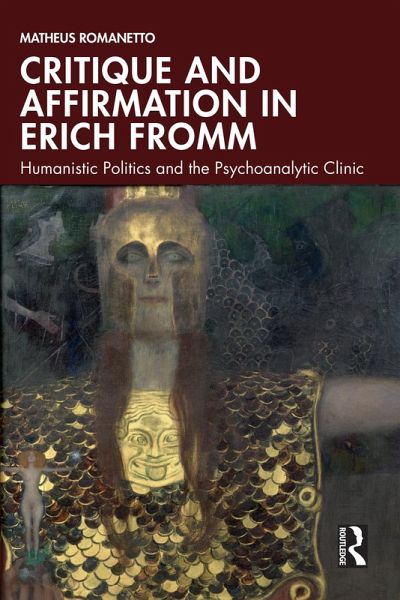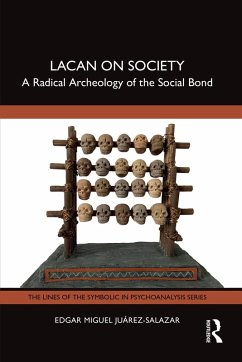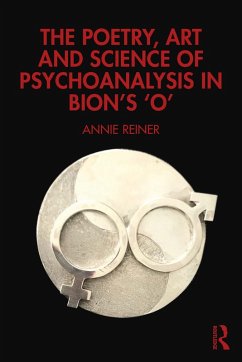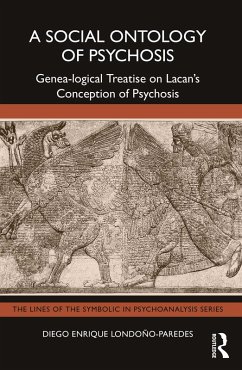
Critique and Affirmation in Erich Fromm (eBook, ePUB)
Humanistic Politics and the Psychoanalytic Clinic
Versandkostenfrei!
Sofort per Download lieferbar
33,95 €
inkl. MwSt.
Weitere Ausgaben:

PAYBACK Punkte
17 °P sammeln!
Critique and Affirmation in Erich Fromm explores the relations between Erich Fromm's theory and practice in politics and the psychoanalytic clinic - their points of continuity and contradiction.Drawing on a systematic reading of Fromm's published output, as well as extensive research in the Fromm archives, Matheus Romanetto extracts the fragments of ontology, logic, and ethics implicit in his writings, leading to a re-evaluation of Fromm's place in 20th century intellectual history. Interpolated with the theoretical argument are three historical excursi thematizing Fromm's practice in politica...
Critique and Affirmation in Erich Fromm explores the relations between Erich Fromm's theory and practice in politics and the psychoanalytic clinic - their points of continuity and contradiction.
Drawing on a systematic reading of Fromm's published output, as well as extensive research in the Fromm archives, Matheus Romanetto extracts the fragments of ontology, logic, and ethics implicit in his writings, leading to a re-evaluation of Fromm's place in 20th century intellectual history. Interpolated with the theoretical argument are three historical excursi thematizing Fromm's practice in political life, religious life, and the psychoanalytic clinic, setting the grounds for a new political sociology of radical humanism and critical theory.
Critique and Affirmation in Erich Fromm will be of great interest to psychoanalysts and to scholars of psychoanalytic studies, sociology, contemporary philosophy, political theory, and critical theory.
Drawing on a systematic reading of Fromm's published output, as well as extensive research in the Fromm archives, Matheus Romanetto extracts the fragments of ontology, logic, and ethics implicit in his writings, leading to a re-evaluation of Fromm's place in 20th century intellectual history. Interpolated with the theoretical argument are three historical excursi thematizing Fromm's practice in political life, religious life, and the psychoanalytic clinic, setting the grounds for a new political sociology of radical humanism and critical theory.
Critique and Affirmation in Erich Fromm will be of great interest to psychoanalysts and to scholars of psychoanalytic studies, sociology, contemporary philosophy, political theory, and critical theory.
Dieser Download kann aus rechtlichen Gründen nur mit Rechnungsadresse in A, B, BG, CY, CZ, D, DK, EW, E, FIN, F, GR, HR, H, IRL, I, LT, L, LR, M, NL, PL, P, R, S, SLO, SK ausgeliefert werden.













